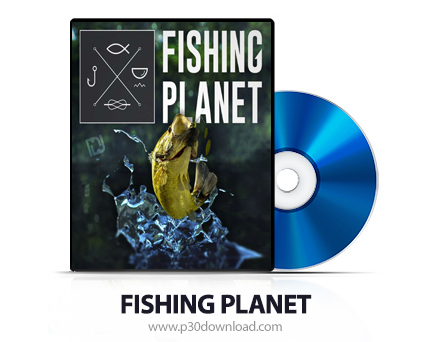
North Atlantic fishing countries will need to agree on how to split the catch before the MCS will consider greenlighting mackerel again, says Coombes. Keeping abreast of changes through seafood apps such as the Good Fish Guide and MSC’s “ blue tick” labels on fish is currently the best bet for making sustainable choices.

For example, the ICES assesses more than 200 species of fish in the north-east Atlantic alone, and the statuses of these can change over time depending on various factors, says Ewen Bell, a UK member of the ICES Advisory Committee. More generally, “sustainability” is a shifting concept. Sharks, whales, dolphins and dozens of other species also depend on rich mackerel shoals for food. Economically, Atlantic mackerel accounts for 32% of the UK’s fishing catch, according to the MCS, making it essential for those whose livelihoods rely on fishing. Protecting this species from decline is important. But a March 2023 meeting ended with no agreement – leaving mackerel exposed yet again.įollowing this impasse, the MCS imposed its “amber” rating to spur action. This year, states were supposed to remedy overfishing by agreeing how to divide the mackerel catch fairly. But this, alongside countries’ catch rates, is spelling trouble for mackerel numbers. This could be due to changing ocean temperatures, less available prey and disease. Mackerel numbers have been declining since 2015 partly due to fewer young mackerel surviving to adulthood. There are some other contributing factors. The 17 mackerel-fishing countries have overstepped the ICES’s threshold by 41% on average since 2010. While most countries agree on the scientific limit, they do not agree on how to share it, meaning that overall catches exceed the advised amount. Stocks are assessed every few years by the International Council for the Exploration of the Sea (ICES), which then sets advisory catch limits to protect numbers. The UK is one of 17 nations – including Iceland, Norway and several countries in the EU – that catch tonnes of mackerel from the north-east Atlantic annually.


In a nutshell: the main problem is governments aren’t good at sharing fishing quotas and have heaped pressure on mackerel populations in recent years. But what prompted this decision? What should consumers do with this information? And are there any other sources of sustainable healthy fish oils? Why has mackerel been downgraded?


 0 kommentar(er)
0 kommentar(er)
